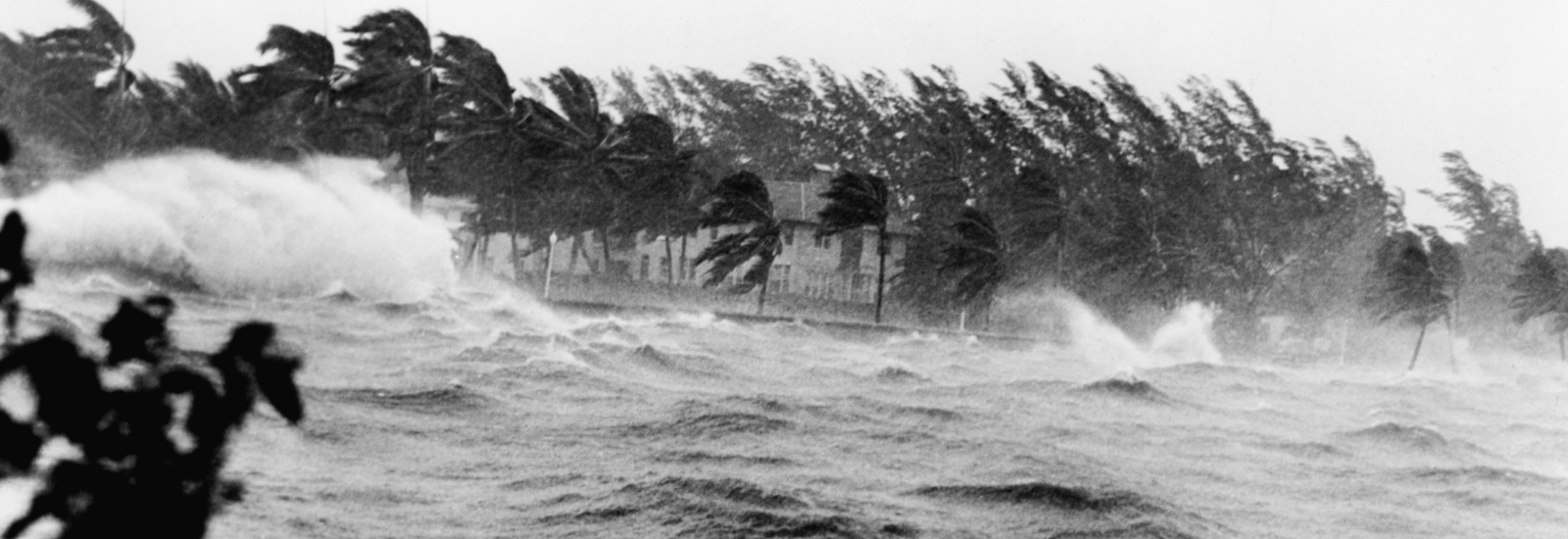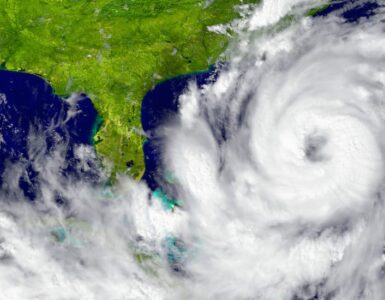Aimed at professionals in meteorology and climate science, the University of Reading – with the Royal Meteorological Society – are hosting a three-part masterclass series on the latest science for anticipating floods, droughts and heatwaves that will become more frequent as our climate changes.
Flooding, droughts and heatwaves have massive human, social and economic consequences. Worldwide, floods are estimated to have caused losses in excess of US$1trillion over the last few decades, and major European heatwaves since 2000 are believed to be linked to over 100,000 deaths. Such events are widely expected to become more frequent and extreme as the climate changes and are often exacerbated in highly populated urban areas.
Advances in meteorological research offer new capabilities for representing, anticipating and understanding the dynamics of these events: from sub-grid-scale convective processes; the interaction of weather and climate with the urban environments; to the development of an advanced prediction tool to manage flood-risk days or months in advance.
During this three-part masterclass, leading experts from the University of Reading will present the latest science for understanding and predicting weather, climate and its impacts. Topics will span from short-range Numerical Weather Prediction, extended-range forecasting and the role of long-term climate change.
These masterclasses will refresh and deepen attendees’ knowledge of the latest meteorological science and research, and will provide additional training for professionals working in meteorology and climate science.
Register your place
Each webinar will be held from 3:00 – 4:30pm GMT, consisting of a presentation followed by the opportunity for questions and discussion with the speaker. Whilst the webinars are part of a series, delegates can choose which seminars they attend (attendance at all three is not compulsory).
Wednesday 24 February 2021: Flood forecasting days to months ahead
Dr Linda Speight, University of Reading
This seminar will discuss the very latest work in probabilistic hydrometeorological forecasting – days to months ahead – and the use and communication of flood forecasts to support decision-making. It will look at how well we can forecast floods at a range of scales, and how we can balance lead time and uncertainty to answer the important operational question “when and where will impact occur?” It will also cover how flood forecasting can be used in locations with limited data to support early action, and will close with a discussion on what the future research directions are for flood forecasting.
Wednesday 10 March 2021: Representing convection in Numerical Weather Prediction models and its implications
Professor Bob Plant, University of Reading
The forecasting of convective precipitation remains among the most challenging and stubborn problems in meteorology. In this talk, Bob will review the fundamental scientific challenges, discuss recent progress and advances being made in this field, and highlight some of the implications for operational forecasting.
Wednesday 24 March 2021: Heatwaves and climate change in urban microclimates
Professor Sue Grimmond, University of Reading
The focus of this talk is on heatwaves and how urban areas can exacerbate their impact because of the well-known canopy layer urban heat island effects, and why cities and their residents are particularly vulnerable. Impacts of heatwaves have been very significant if people are not appropriately prepared (as witnessed during the 2003 heatwave across Europe). Attention will be directed to the important impact of scale and an understanding of the dynamics of urban climate, challenges in predictions and advance warning, and strategies and interventions for heat stress mitigation.
Find out more information about the Royal Meteorological Society’s events.






